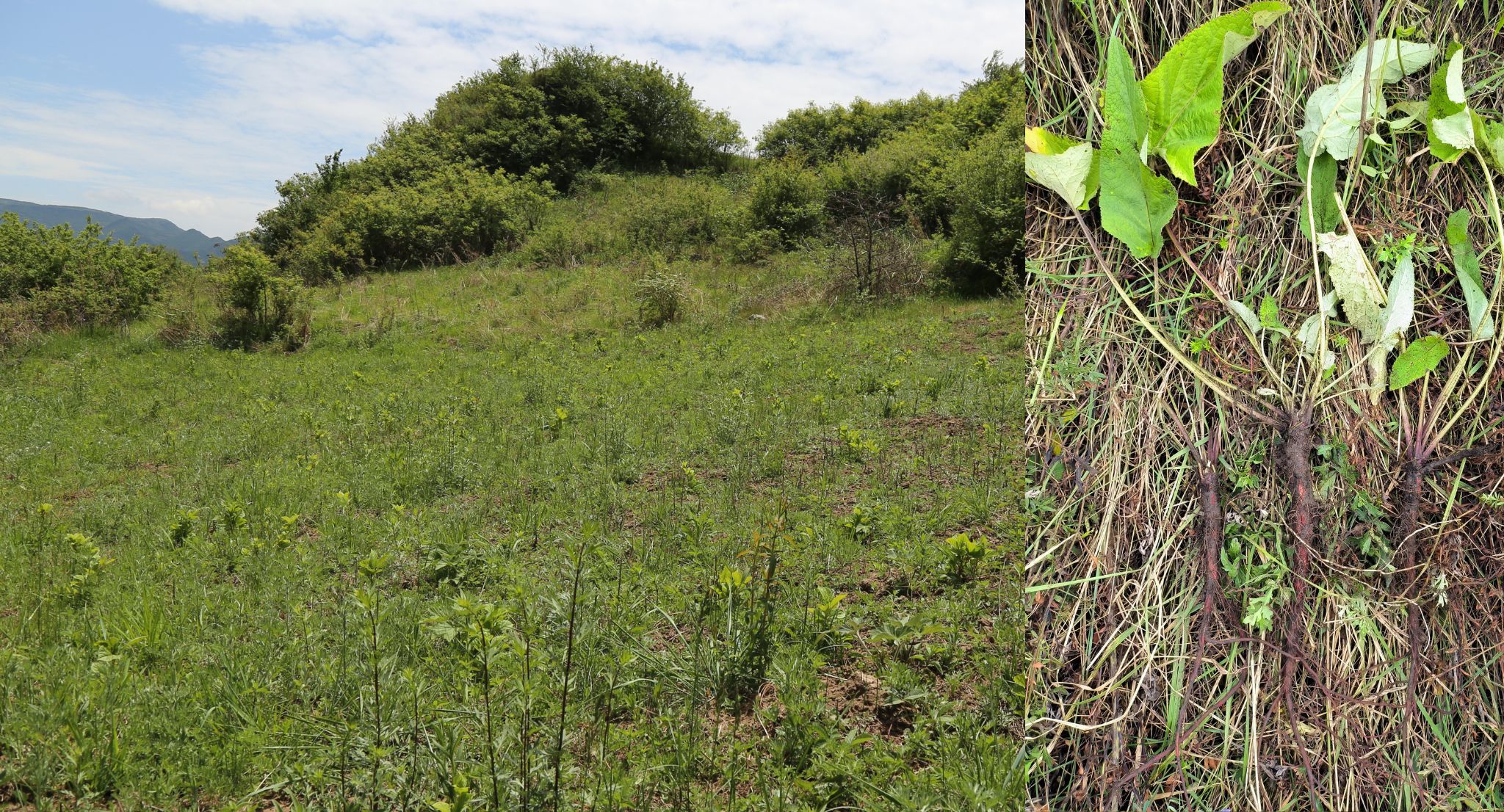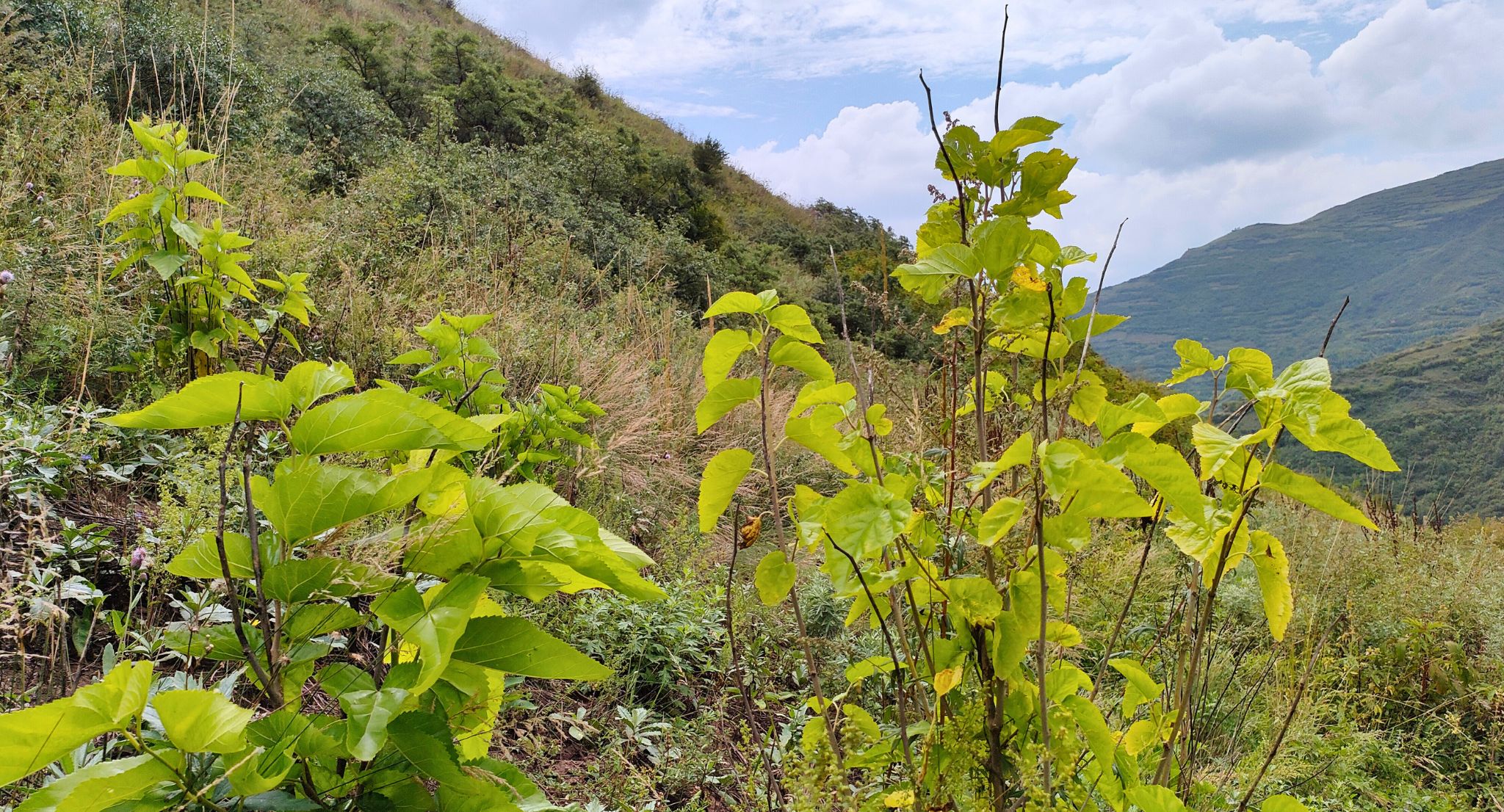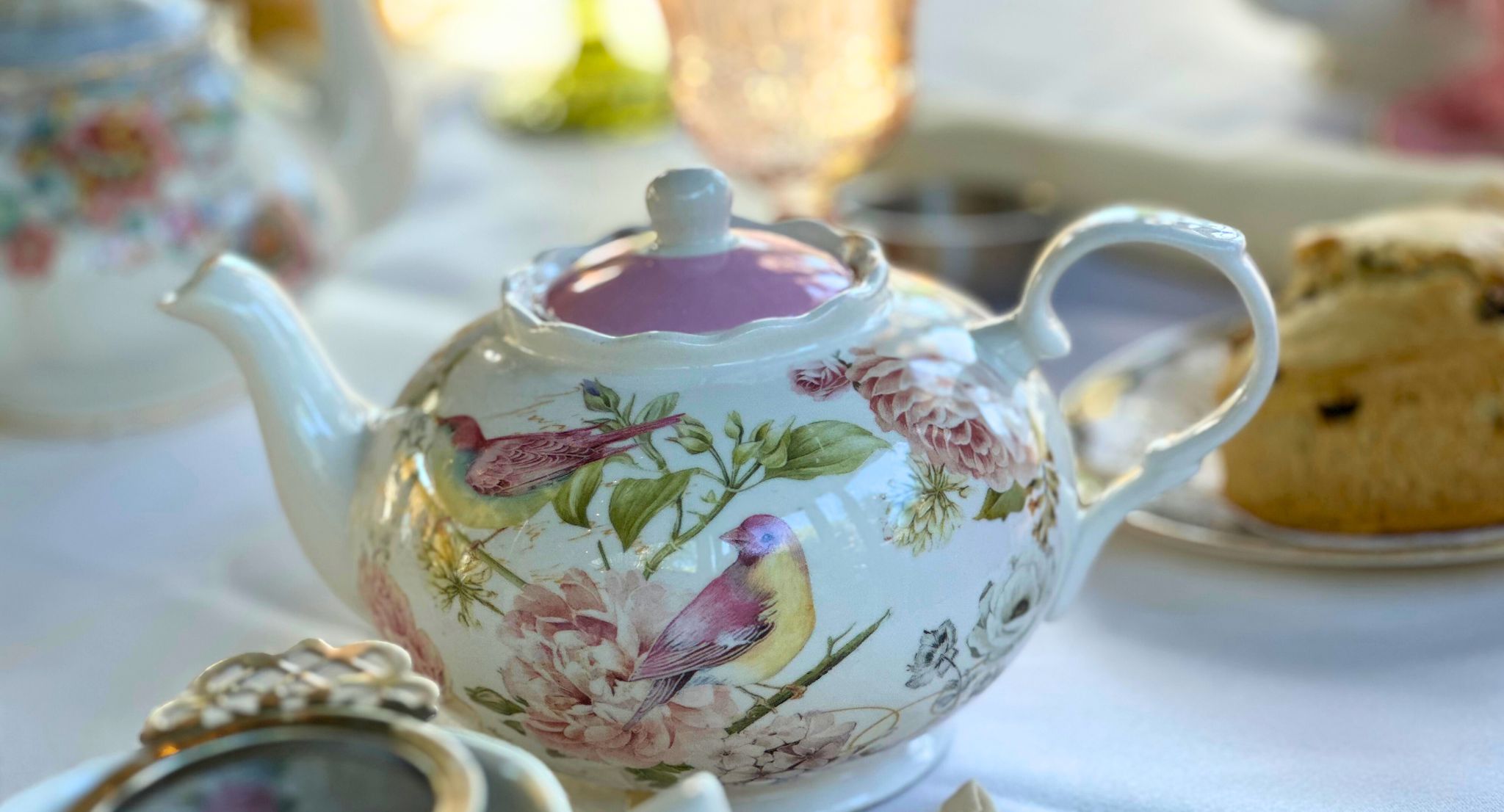Sleep is one of the most important functions of the human body. During sleep, our body is resting and recovering from daily functions, working to replenish energy and maintain your overall health. Sleep deprivation may lead to issues like cognitive dysfunction and weight gain. Getting adequate sleep may help long-term health, support brain health, maintain cardiovascular health, and regulate metabolism. Getting a good night’s sleep also contributes to mood and happiness.
What are the best herbs for Sleep Tea?
The dried leaves of the white mulberry tree have long been used to address sleeping issues such as insomnia. A recent study has elucidated the mechanisms of this treasured herb, showing that the key phytonutrients responsible for its sleep-improving quality are quercetin, morin, delphinidin and kaempferol. This study also found that white mulberry leaf can help dramatically reduce the time to fall asleep by more than a third, and prolong sleep duration by more than 100%.
Also known as red sage root(dan shen), this well-known herb is popularly used for relaxation. In Traditional Eastern Medicine, red sage root(dan shen) is used for calming the mind & spirit to address restlessness, helping to relieve stress and sleep-related issues like insomnia.
Polygala Root
Polygala root has long been used in China, Japan, Korea, and India as an anti-stress agent. The phytochemicals present in polygala root, 3,4-methoxycinnamic acid and phenylpropanoids, have been studied for its effects on the nervous system, particularly sleep-related transmitters such as GABA, serotonin, and dopamine. Studies have shown an increase of total sleep time and reduced sleep latency after using polygala root.
Schisandra berry, an adaptogen, helps the body manage stress and promotes restful sleep. It contains a active ingredient called Schisandrins which supports the adrenal system and help balance cortisol levels. It encourages relaxation and aids nighttime restlessness. Rich in antioxidants, polysaccharides and GABA and liver-supporting compounds, Schisandra also enhances overall well-being, making it a natural ally for deep, restorative sleep.
How to Get Better Quality of Sleep
Other ways to maintain the health of the prostate is to be mindful of diet and exercise. Here are some easy ways to remember to eat healthy and take good care of your health and wellness:
- Set a regular sleep schedule: The recommended amount of sleep for an adult is between seven to eight hours. Try to go to bed and get up at the same time every day, including on days off, because consistency helps support the body’s natural circadian rhythm.
- Set a regular eating schedule: Don’t go to bed with an empty or overly full stomach. As a general rule of thumb, don’t eat within two hours of bedtime. Also pay attention to caffeine intake in the afternoon.
- Create a calm environment inside and out: Keep your room dark, quiet, and at a comfortable temperature for sleeping. Avoid screentime just before bed. Doing calming activities, such as meditating or drinking a comforting cup of tea, might promote better sleep.
- Regular physical activity: Start a regular exercise regimen, but avoid being active too close to bedtime to allow your body to relax. Spending some time outside during the day to soak up the sun’s rays will also help your body’s natural rhythm.
References
- https://www.nhlbi.nih.gov/health/sleep/why-sleep-important#
- https://doi.org/10.1016/j.jep.2024.118734
- https://www.herbalreality.com/herb/red-sage/
- https://www.jneuropsychiatry.org/peer-review/sleep-induced-by-a-herbal-agent-polygala-tenuifolia-versus-that-by-alprazolam-a-review-with-new-data-on-eeg-and-sleep-duration-12519.html
- https://www.mayoclinic.org/healthy-lifestyle/adult-health/in-depth/sleep/art-20048379




